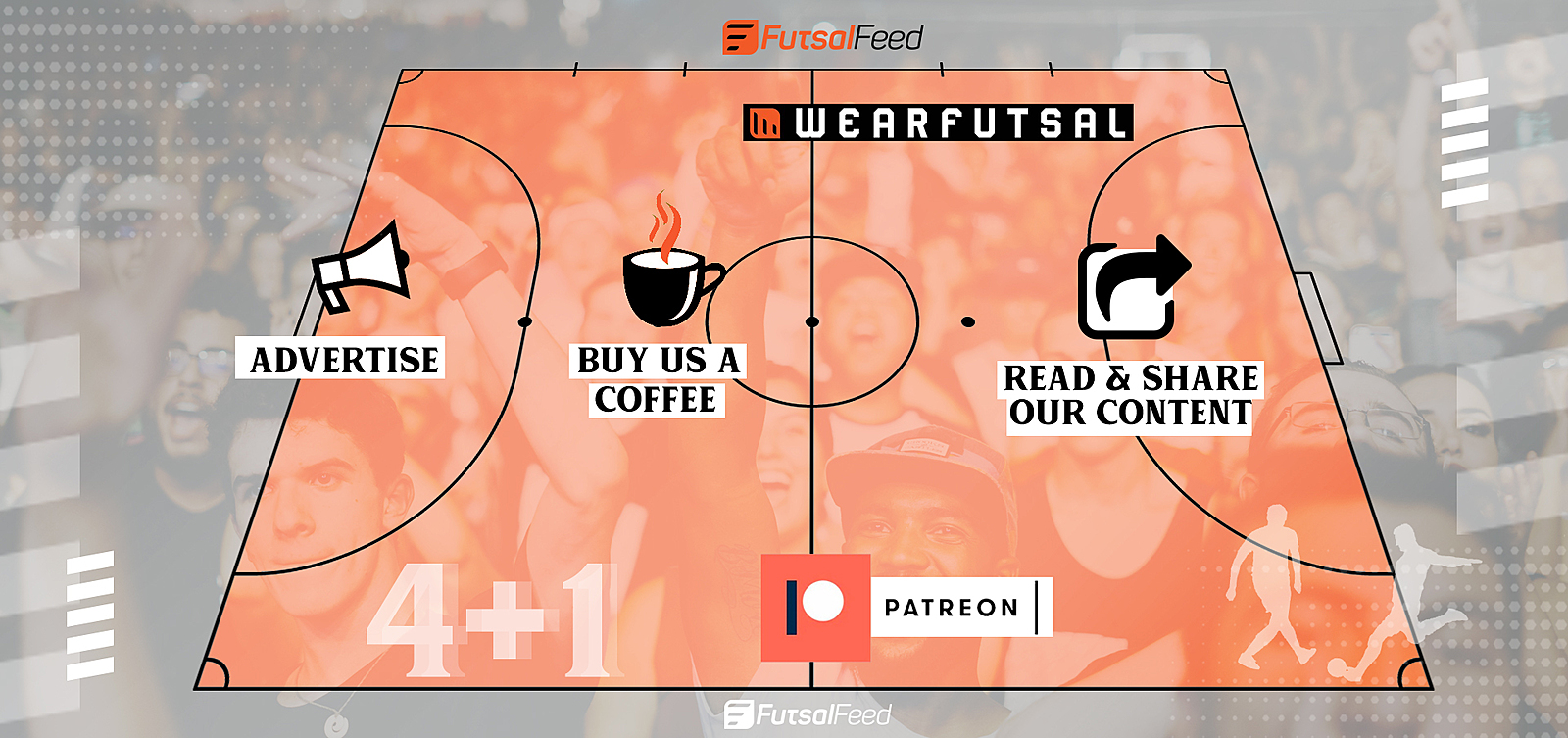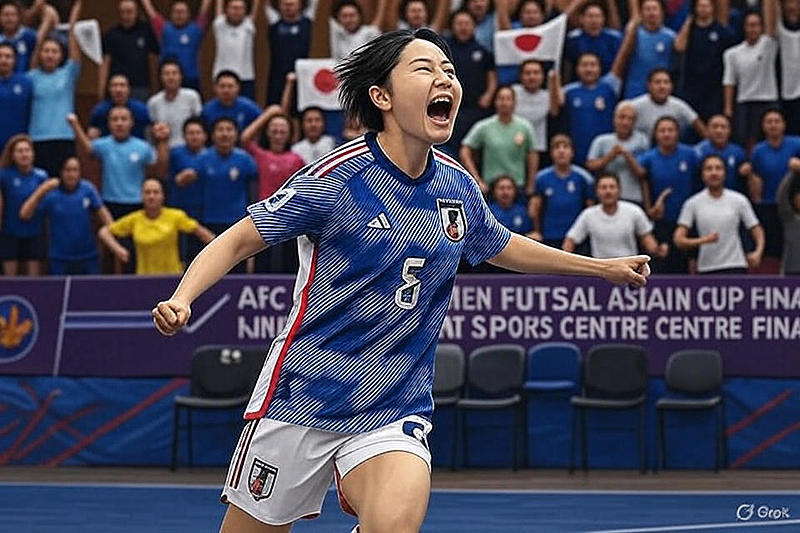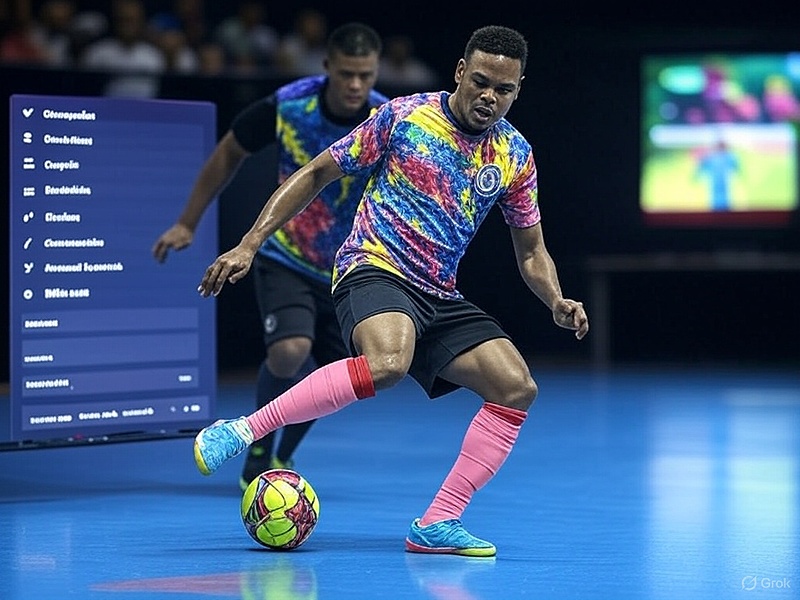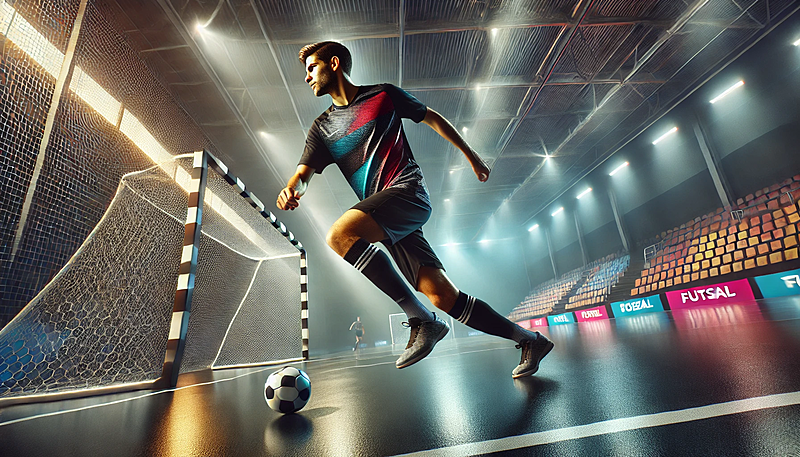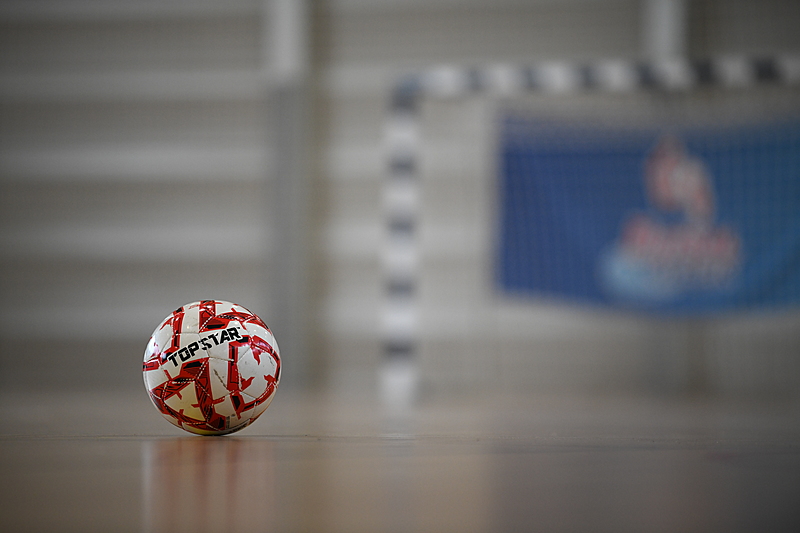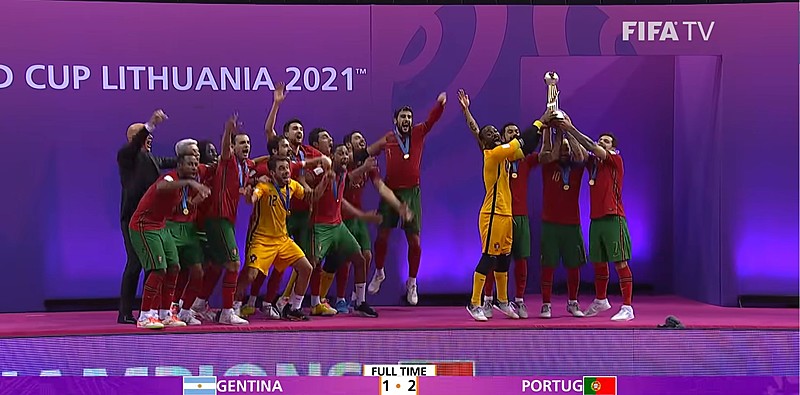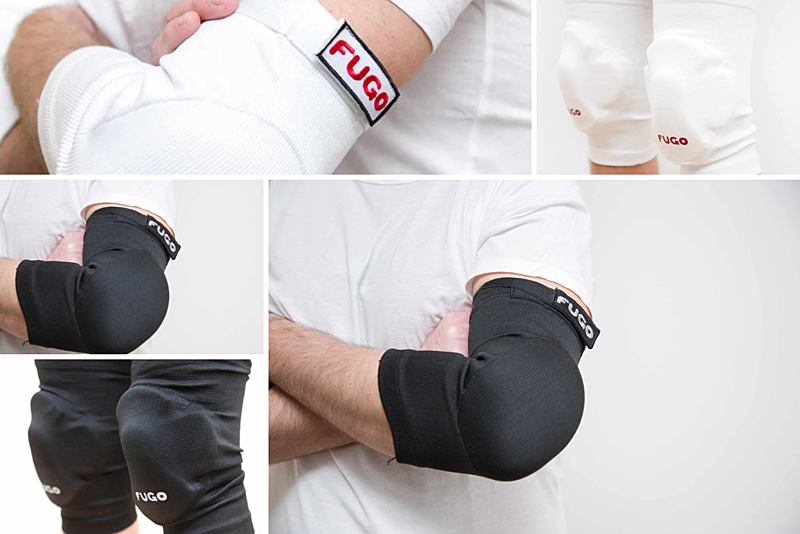Futsal is an unknown sport for many people. Many of them would like to play it or need some answers about it. Therefore, we checked the most popular website where you can ask questions about all the things you would like to know - Quora. We checked the most common questions people are asking about futsal and brought you answers.
Just to note it, some answers are Futsal Feed's, and some are from people from Quora. Don't be to shocked by the form of questions.
1. If Messi switched to Futsal, would he be the best player in it?
It isn't effortless to answer this… especially because Messi is not a futsal player. He is one of the best football players, but interestingly, he played Futsal and said: "As a little boy in Argentina, I played Futsal on the streets and for my club. It was tremendous fun, and it helped me become who I am today."
For me, this question is better defined like this: Which player is more skilful, best futsal player ever Falcao or Ricardinho? They are both great players, Falcao is named as Futsal God. He also won 4 times FutsalPlanet Awards, two less than Ricardinho. Ricardinho is on the other side, futsal magician and the most paid futsal player ever (more than 1 million dollars), one of the most attractive futsal players with record 6 FutsalPlanet Awards.
The smaller field and small number of players in the team (4 + 1 - four players in the field and a goalkeeper) make for a massive amount of touches per match, and in this surrounding, you need to have fast decisions :)
Also, you can look at the example of the best football players in the world (here is the whole list); they all played Futsal at a younger age. For instance, Andress Iniesta said: "Have a lot in common … There are different tactics and moves, but there the same essence of mastering the ball, combining and making quick decisions. Futsal helps my ball control in tighter spaces."
Ronaldo also highlighted this: "The small playing area helped me improve my close control, and whenever I played Futsal, I felt free. If it wasn't for Futsal, I wouldn't be the player I am today."
Messi also said Futsal helped him in his career: "It was tremendous fun, and it really helped me become who I am today."
And in the end, rising football star, Neymar: "There's no doubt futsal has helped me a lot in my career; it's one of the biggest passions in my life. I used to love playing it, but unfortunately, I had to stop when I was 13 or 14 to grow up as a footballer."
2. Why don't Futsal goalkeepers wear gloves?
The first and basic reason for wearing gloves is extremely practical in nature: they help goalkeepers in Football to protect their fists from powerful shots, to amortize them, to prevent the ball from slipping out of their hands, and to ease their ball control.
On the other hand, when we take a look at futsal, the first noticeable difference is the size of the ball. In Futsal, the ball is smaller in volume, and it allows the goalkeeper to control it much better.
Therefore, goalkeeper's role in the creation of plays is also more important, especially having in mind the dimensions of the playing field. This is particularly important in the creation of counter-attacks. In that situation, the goalkeeper is in a position to directly assist his teammates in eventual goal scoring.
This is the situation where goalkeeper's ability to be more successful in this segment of the play comes to importance. It is of utmost importance that goalkeeper is able to feel the ball under his fingers to have better ball control. During these plays, using gloves would not have the same effect, in most cases, at least. The inability of the goalkeeper to control the ball with tips of his fingers usually means that that ball will be slower and less accurate. Read the full article about it HERE.
3. Can Futsal be as popular as Football?
I believe it can't be popular as Football because they are tightly connected. Football federations control Futsal as a sport, and they prefer Football as their core and cash cow.
This is the main problem for Futsal as a sport. But I believe it can be improved. For example, two years ago UEFA president Aleksander Čeferin told on one huge sports conference (SPORTO) that he sees Futsal as 2nd most popular sport in Europe in the next ten years, and he also said that they would invest in that.
They already started with the rebranding of the futsal cup to the Futsal Champions League, and it is a big step.
If you consider the stats, Futsal has all things to be more popular, because it is game with more dynamics, with more goals and shots (you can see here a comparison between FIFA football and futsal World cup), etc.
Football is more lucrative than futsal, especially on the professional level. But on the amateur level, more people in the world play futsal than football, because, futsal is more "economical" than football - you need fewer players, smaller field...
But to sum this all, sadly, futsal will probably never be popular as Football.
4. Why is it called Futsal?
Name "Futsal" comes from the Spanish words "fútbol sala" or "fútbol de salón" and from Portuguese "futebol de salão", which means "indoor football" or, more literally, "hall football". The term "futsal" was officially registered n 1985. (Madrid, Spain) by FIFUSA and FIFA also started using that term.
We are planning to write the full story about futsal's history, which was in the beginning, relying heavily on the rules of basketball in the beginning, and brief story about it you can find HERE.
5. What are the dimensions of a futsal field?
The length of the futsal field is in the range of 38–42 m (42–46 yd), and the width is in the range of 20–25 m (22–27 yd) in international matches.
6. What is Futsal?
Futsal is the only form of indoor soccer endorsed by FIFA. It earned the status of FIFA's official form of indoor soccer in the 1980s as it was recognized as a scaled-down version of outdoor soccer played indoors. It is a five v five small-sided game played on a hard surfaced, basketball sized court with a smaller, heavier low bounce ball. Futsal is played with touchline boundaries and without walls.
This is the game that outdoor soccer players around the globe play to refine and maintain their control skills and touch. It is superior to walled soccer in terms of developing better skills and techniques. In traditional American walled soccer, players regularly whack the ball (and sometimes their bodies) against the boards, which promotes improper technique and too often rewards errant play. In Futsal, players are constantly reminded to play the same quality control game that is required for success in the outdoor game.
Futsal is the only "Official form of Indoor Soccer" as approved by the Fédération Internationale de Football Association FIFA. It is played in all the continents of the world by over 100 countries with 12 million players. Futsal is played on a gymnasium hard-wood floor or all-purpose sports flooring. The game does not require the use of expensive dasher boards, as do other versions of indoor soccer, therefore making it a very economical and safe sport.
The sport is a great skill developer as it demands quick reflexes, fast-thinking, pin-point passing. The small, heavier futsal ball requires players to hone their ball-striking and ball-handling techniques. Great soccer superstars such as Pele, Zico, Ronaldo, Messi, Kaka, and Katia grew up playing the game and credit futsal with developing their skills.
>>> 4+1 easy ways how can you support FutsalFeed
